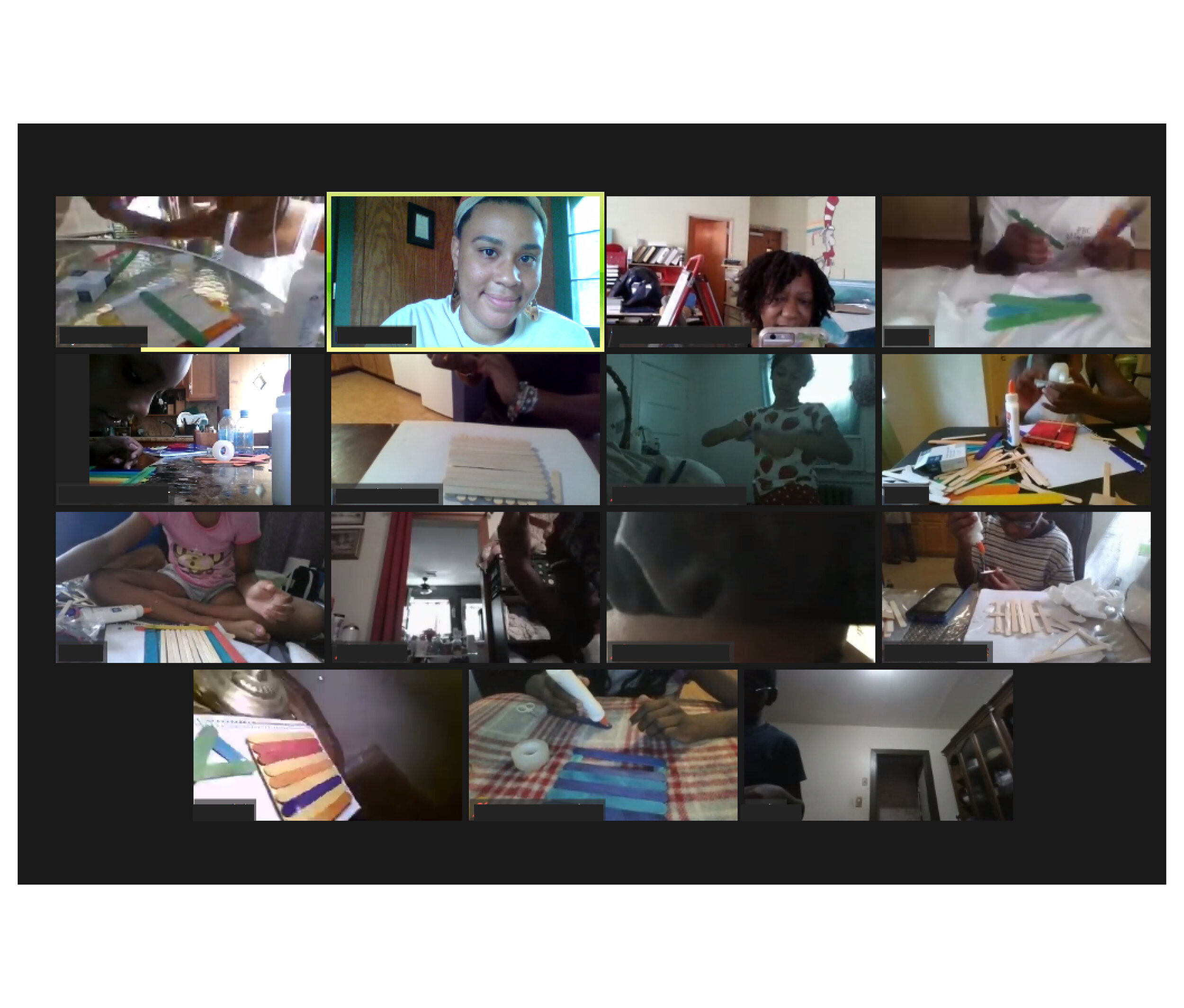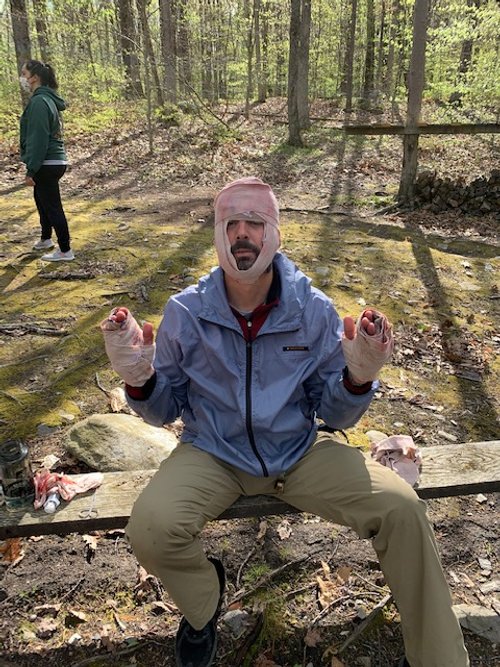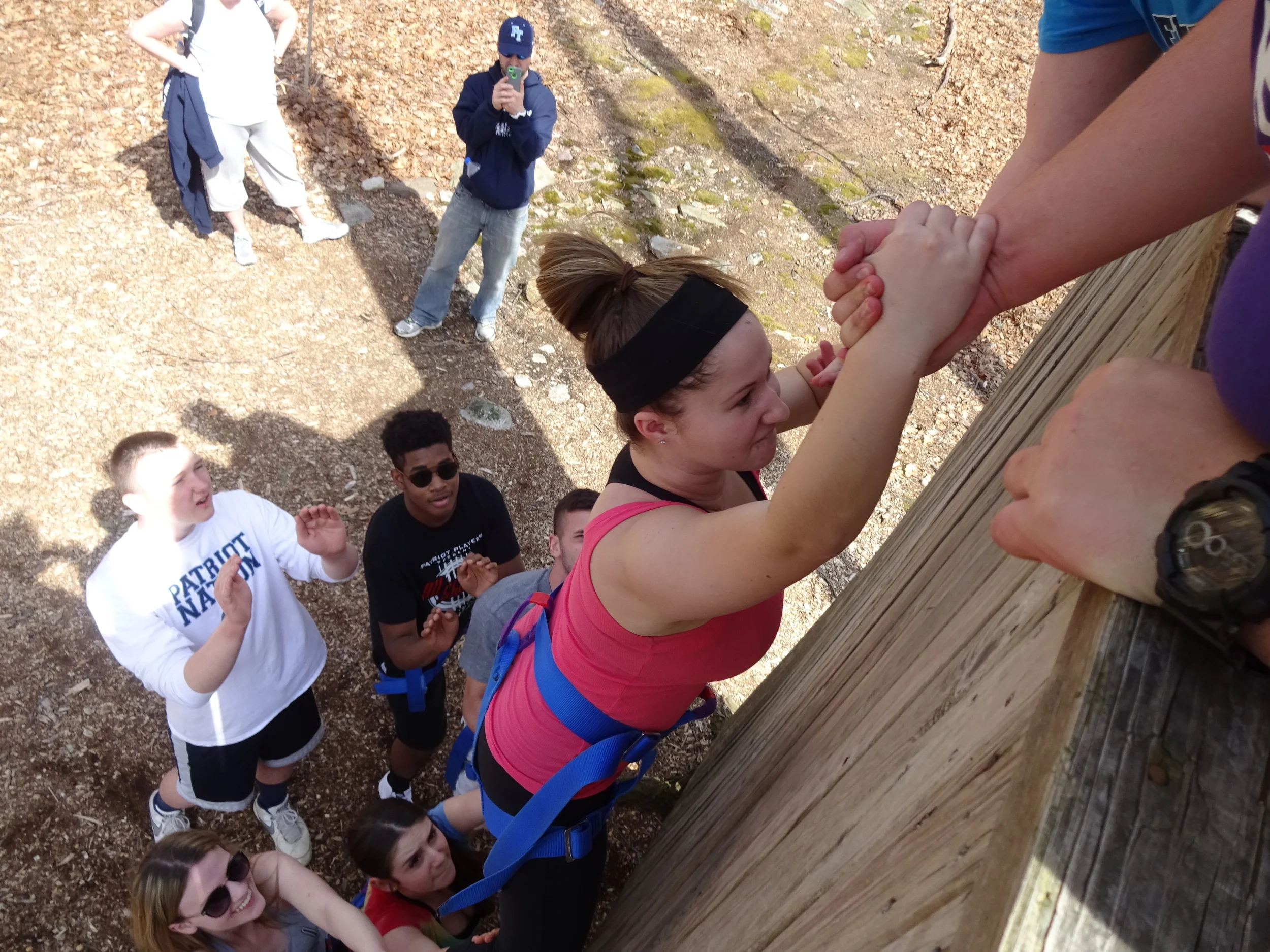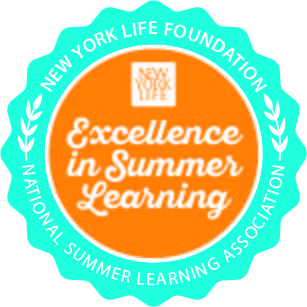Virtual Summer Bridge - A New Learning Adventure
/Last month we shared the disappointing news that, due to the ongoing COVID-19 pandemic, the Princeton-Blairstown Center (PBC) would be unable to welcome groups of students to the Blairstown Campus for our award-winning Summer Bridge enrichment program this year. As most Compass Points readers know, the PBC Summer Bridge program is designed to ameliorate the insidious “summer learning loss” that particularly affects children in under-resourced communities. What made this announcement even more painful was the knowledge that many children from these communities were already experiencing an academic crisis caused by the hasty, but necessary implementation of online instruction and the broader economic and social distress caused by the pandemic. In fact, a recent study by the Brookings Institution reports that “these additional stressors suggest that the COVID-19 slump might have even more impact on children from under-resourced homes than the [typical] summer slump.” For these reasons (and many more), PBC is collaborating with two Summer Bridge partner organizations, Mercer Street Friends (MSF) and the Center for Child and Family Achievement (CCFA), to deliver an engaging blend of virtual STEAM, literacy, and social emotional learning programming to nearly fifty children throughout the month of July.
Students began the program developing a shared “Full Value Contract” that would govern interpersonal relationships in the virtual classroom space – the same way that we would help groups self-govern if they were physically present on Campus. Students then worked both alone and together to solve an array of STEAM and SEL challenges designed to foster critical thinking, communication, collaboration, and responsible decision-making, while strengthening their social awareness and building strong relationships with their facilitators, chaperones, and peers. Divided into small groups of fewer than ten students, each cohort was led by a trained PBC facilitator and adult chaperone from the partnering organization. This favorable “classroom” ratio enhanced personalized instruction and accountability, resulting in active student engagement during each two-hour synchronous learning session and additional hour of daily asynchronous programming.
A screenshot of PBC Facilitator Makela reviewing the projects of students from CCFA during their Virtual Summer Bridge session.
During the program, participants contemplated scenarios such as being “lost at sea”, collaboratively prioritizing a list of life saving supplies to be loaded into their imaginary “lifeboat”. They designed and built boats using everyday household items and then developed a sales pitch to promote their model against the “competition.” They designed and played musical instruments built from found objects. They germinated and dissected seeds. They nurtured plant life for an indoor garden. They built and tested catapults, calculating the trajectories of objects launched (safely!) across their bedrooms. They made “Friendship Bracelets” and learned about indigenous American’s culture. They wrote poetry in several formats, including haiku. They dissected owl pellets, watched nature videos, and recorded their own insights in a nature journal. And perhaps most importantly, throughout the program students reflected on their progress and celebrated accomplishments. Our hope is that they also were reminded, discovered, or re-discovered that learning can be fun; working together trumps going it alone; and that there are people beyond the walls of their home who care about their well-being and success.
The feedback from our partner organizations has been uniformly positive. Wanda Webster Stansbury, Executive Director of CCFA remarked, “I want to take a moment to say thank you to everyone for an exceptional experience for all of the students who attended the Princeton-Blairstown virtual summer program. Today I enjoyed participating in sessions conducted by Makela, Handy and Tabs—you were all fantastic and the activities were fun and informative!” Chelsea Jenkins, Program Manager for MSF, expressed her appreciation for the “original, creative, and engaging curriculum PBC developed for this virtual experience.” While all agree that nothing can truly replace a trip to PBC’s 264-acre outdoor classroom, our Trenton partners were grateful for the opportunity to work with our talented staff to provide meaningful programming that activated and challenged young minds and strengthened community bonds in these troubled times.
In designing and delivering the Virtual Summer Bridge program, the PBC staff lived the philosophy that guides our daily work with young people—growth occurs when we stretch beyond our comfort zone. While 2020 will undoubtedly be remembered for many things, our hope is that the students from CCFA and MSF will look back on this unusual summer and be inspired by PBC staff who put their own 21st Century skills to work to provide a fun and enriching experience. With the continued support of our generous donors, PBC remains committed to providing the very best in experiential and environmental programming—by any means necessary—until all can safely return to our beautiful campus in the woods.






















